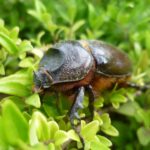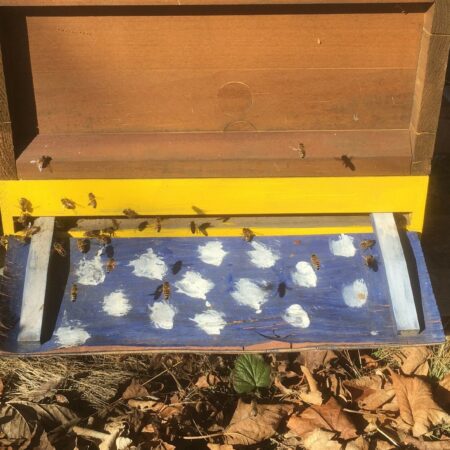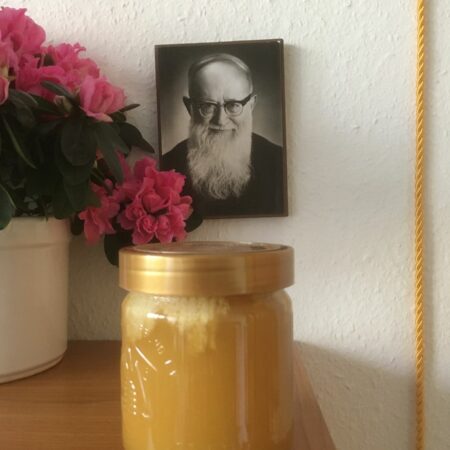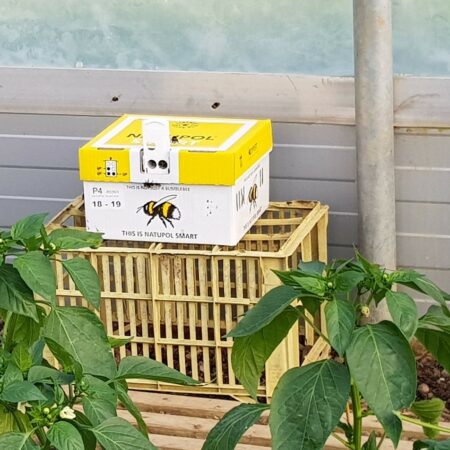
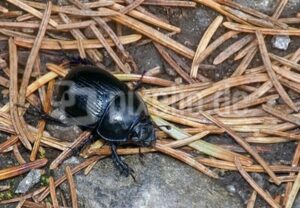 Dung Beetles and Bees
Dung Beetles and Bees
Dung beetles! That doesn’t sound very pleasant.
Also called: earth borer, which mucks out! Yes, it feeds mainly on manure, animal “waste”, which is popularly called dung. For us, we could say: It rummages in the dark, inside the earth and searches there for “waste.” That is not good.
Father Kentenich was apparently inspired to use such an animal to illustrate a certain behavior of Christians. He said in a Sunday sermon:
“Two images apply if we draw comparisons with the animal world and apply them to human life when it is matter of love of neighbor.
There are dung beatles. They just rummage in the dirt continuously. Today even more than yesterday. When they talk – they have nothing to talk about – they rummge in the dung. … They say bad things about their neighbor – whether in a large or small community – what is that? The dung beetle at work!” (Aus dem Glauben leben, Bd. 8; S. 72)
What does this mean practically?
There are people
- who always focus soley on the negative,
- who speak badly about others,
- who poisen the atmosphere in a group,
- who always find a hair in the soup,
- who often put others in a bad light…
These “dung beetles” should find no place in us.
Quite the contray, however, are the “bees.”
“Bees” What do bees do? They search for honey everywhere and use it for the good of the people.” (ibid.)
That’s how we should live: finding the honey in every human being. Sometimes it is hardwork – but, finding the honey is what matters. Like the bees that find in every flower or blossom what is particularly valuable and accept it as a gift, I search for the good in others, their golden core, the precious treasure in each and everyone.
An example from everyday life
Two women were traveling together by car. On their way they saw posters of “Silvermoon,” a music band. That provided material for conversation. And X said to the other passenger: “They sing very beautiful songs about friendships; one of the songs is: ‘You are the best thing that could happen to me!’ That is true of you too!”
Wasn’t a bee at work there who found the hidden treasure?
